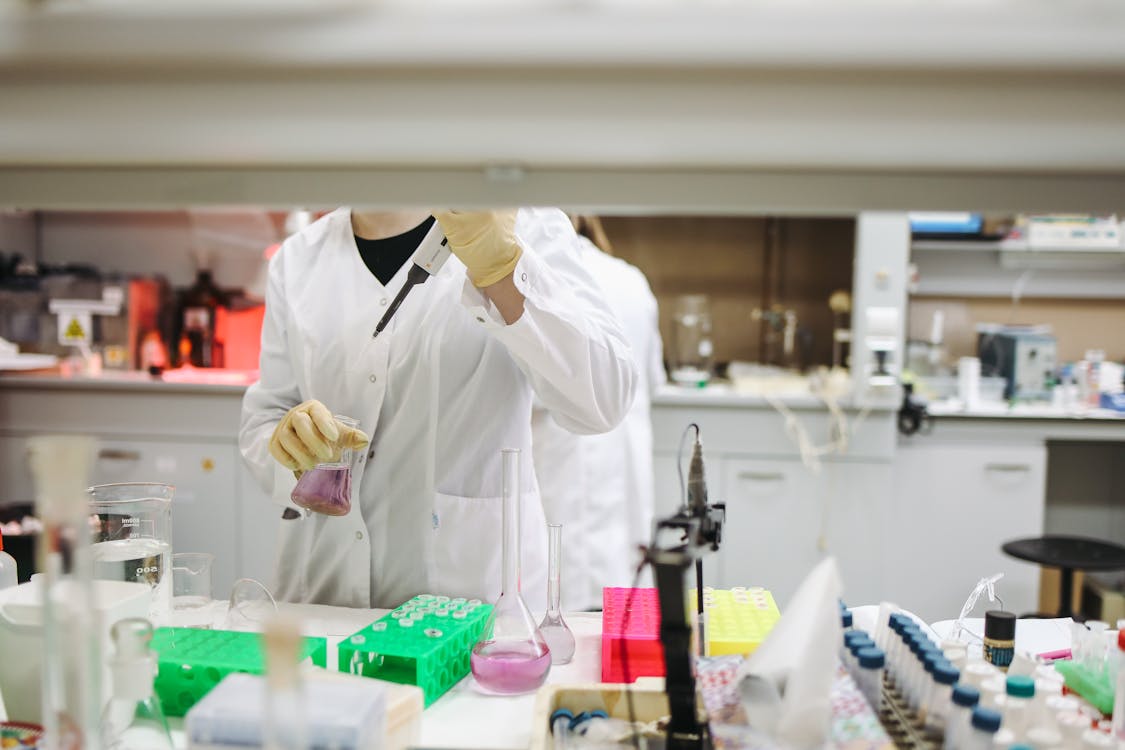(Featured image: Ill. Niklas Elmehed © Nobel Prize Outreach)
At a Glance
- David Baker, Demis Hassabis, and John Jumper won the 2024 Nobel Prize in Chemistry for groundbreaking work in protein research.
- Baker, from the University of Washington, was honored for his innovations in computational protein design, which have created new proteins for applications in medicine and biotechnology.
- Hassabis and Jumper, from Google DeepMind, were recognized for solving the protein structure prediction problem with their AI model AlphaFold2, which accurately predicts protein folding.
- AlphaFold2 has predicted the structures of over 200 million proteins, revolutionizing research in diseases, antibiotic resistance, and materials science.
- These breakthroughs have transformed biological research, enabling new protein designs and advancing solutions to global health and technology challenges.
On October 9, 2024, the Royal Swedish Academy of Sciences announced this year’s Nobel Prize in Chemistry, honoring David Baker and the duo of Demis Hassabis and John Jumper for their groundbreaking work in protein research. Baker, from the University of Washington, received half of the prize for his innovations in computational protein design. At the same time, Hassabis and Jumper from Google DeepMind shared the other half for their advancements in predicting protein structures using artificial intelligence.

Proteins are vital to life, serving as the building blocks for tissues and facilitating countless chemical reactions in our bodies. Baker’s pioneering work focuses on creating entirely new types of proteins that can be used in various applications, such as pharmaceuticals and vaccines. Since 2003, he has successfully designed unique and functional proteins in different fields, significantly impacting biotechnology and medicine.

Hassabis and Jumper, on the other hand, tackled a long-standing challenge in science: predicting how proteins fold into their complex three-dimensional shapes from their linear sequences of amino acids. This challenge, known as the protein structure prediction problem, has stumped scientists for decades. Their AI model, AlphaFold2, has revolutionized the field by accurately predicting the structures of over 200 million proteins, enabling researchers to make significant advancements in understanding diseases, antibiotic resistance, and materials science.

The breakthroughs achieved by this year’s Nobel laureates have opened new doors in biological research, allowing scientists to explore and design proteins like never before. With the ability to predict protein structures and create new ones, researchers are now better equipped to develop innovative solutions to pressing global challenges in health and technology, marking a new era in studying life’s essential molecules.
References
- Nobel Prize Outreach AB 2024. (2024, October 10). The nobel prize in chemistry 2024. NobelPrize.Org; The Royal Swedish Academy of Sciences. https://www.nobelprize.org/prizes/chemistry/2024/press-release/











